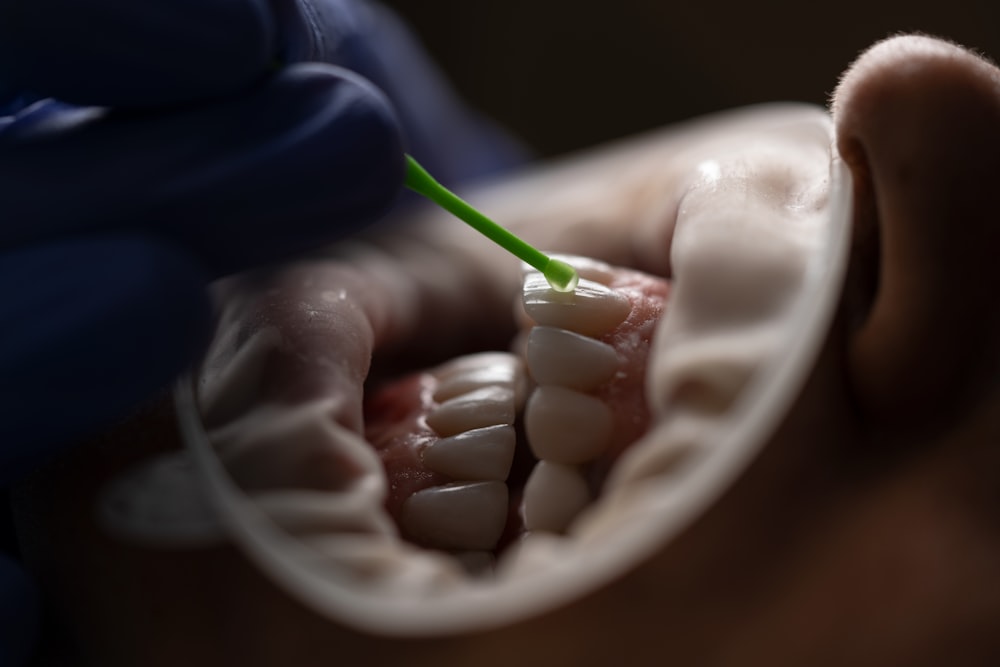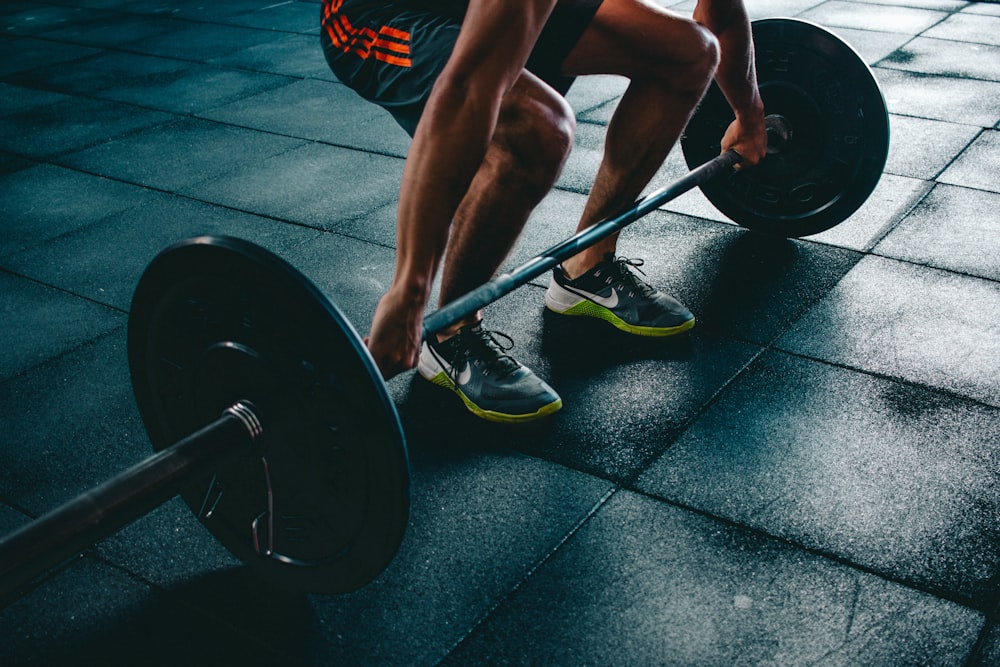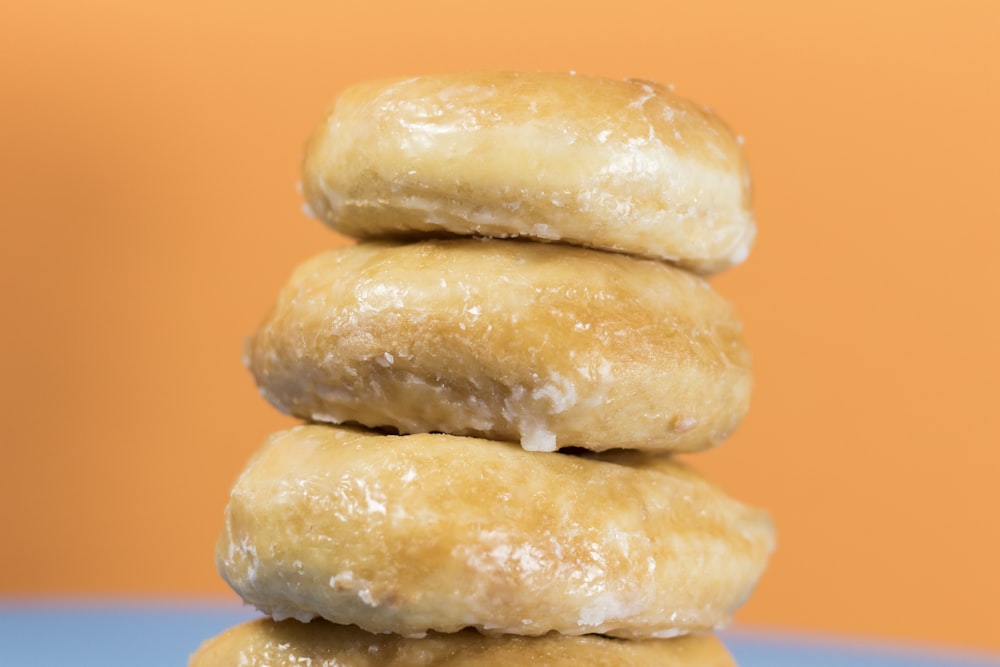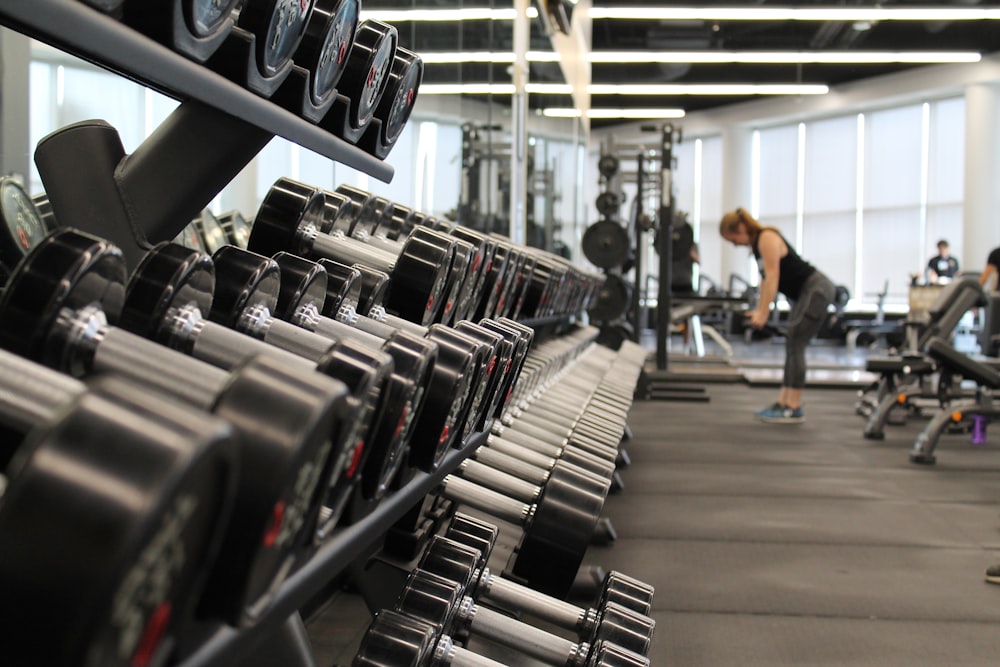
Everyone has a different comfortable sleeping position. There are people who are comfortable sleeping on their back, on their stomach, or sleeping on their side. In fact, side sleeping is the preferred position of 60% of adults and is even considered one of the healthiest sleeping positions. So, what are the benefits of sleeping on your side and what is the correct attitude to sleep on your side? Is it tilted left or right? To answer all these questions, let’s look at the full discussion in the article below.
Benefits of sleeping on your side
For those of you who are fans of sleeping on your side, there are several benefits that you can feel from sleeping on your side, including:
Reduces the risk of snoring and sleep apnea
Sleeping on your side prevents the tongue from falling backwards which causes airway obstruction so that it can prevent snoring and sleep apnea. This makes sleeping on your side a good sleeping position for breathing.
Therefore, doctors recommend people with sleep apnea and serious sleep-related breathing disorders to sleep on their side to help relieve symptoms.
Improve gut health
Body position can affect the performance of the digestive system. When sleeping on your back, gas in the digestive tract also can’t go away quickly. Therefore, people with digestive disorders such as heartburn, bloating, and constipation may find it easier to sleep on their side.
Relieves back pain
Chronic pain, especially in the lower back, can increase when sleeping on the stomach because it will increase the amount of pressure on the spine and cause pain when you wake up. Sleeping on your side is reported to help relieve back pain.
Healthier for pregnancy
Side sleeping is one of the recommended sleeping positions for pregnant women. The reason is, it will be easier for the heart to pump blood throughout the body when pregnant women sleep on their side. This condition can also prevent the baby from putting too much pressure on the veins that carry blood back from the mother’s legs to the heart. In addition, sleeping on your side is also considered safer during pregnancy.
Improved brain health
The brain will dispose of waste more when sleeping at night. Researchers analyzed that sleeping on your side allows brain waste to be removed more quickly than sleeping on your stomach or on your back.
Which is better, sleeping on your left or right?
Basically, sleeping on your left or right side is equally good for people with a healthy body. The right side sleeping position is when you can sleep more comfortably and soundly, wake up more easily, and feel more refreshed and relaxed in the morning. You can experiment to find out which side sleeping posture works best.
But for people with certain medical conditions, sleeping position may have an effect.
Sleep on your left
Sleeping on your left side has health benefits that are most supported by experts and science. People with health problems that cause difficulty defecating, GERD, and inflammatory bowel disease may be helped by sleeping on their left side. When you sleep on your left side at night, gravity can help smooth the passage of waste through your digestive tract, making it easier to expel in the morning.
Sleep on your right side
For people with heart failure, sleeping on the right side is recommended because sleeping on the left side may put more pressure on the heart, causing discomfort.
The risk of sleeping on your side
Sleeping on your side also has some potential risks, including:
Shoulder and hip pain
Sleeping on your side for long periods of time may also cause shoulder and hip pain. If this happens, you can switch to the opposite side.
Jaw uncomfortable
If you have a tight jaw, sleeping on your side can put more pressure on your jaw and make it sore in the morning.
Parasthesia
Paraesthesia is a condition when some blood flow in the body is blocked long enough to feel numb, tingling, or burning. This can be experienced by individuals whose arms are depressed at night.
facial wrinkles
Sleeping on your side has the potential to cause wrinkles due to prolonged pressure of facial skin on the pillow. To reduce this risk, we recommend using a satin or silk pillow.






